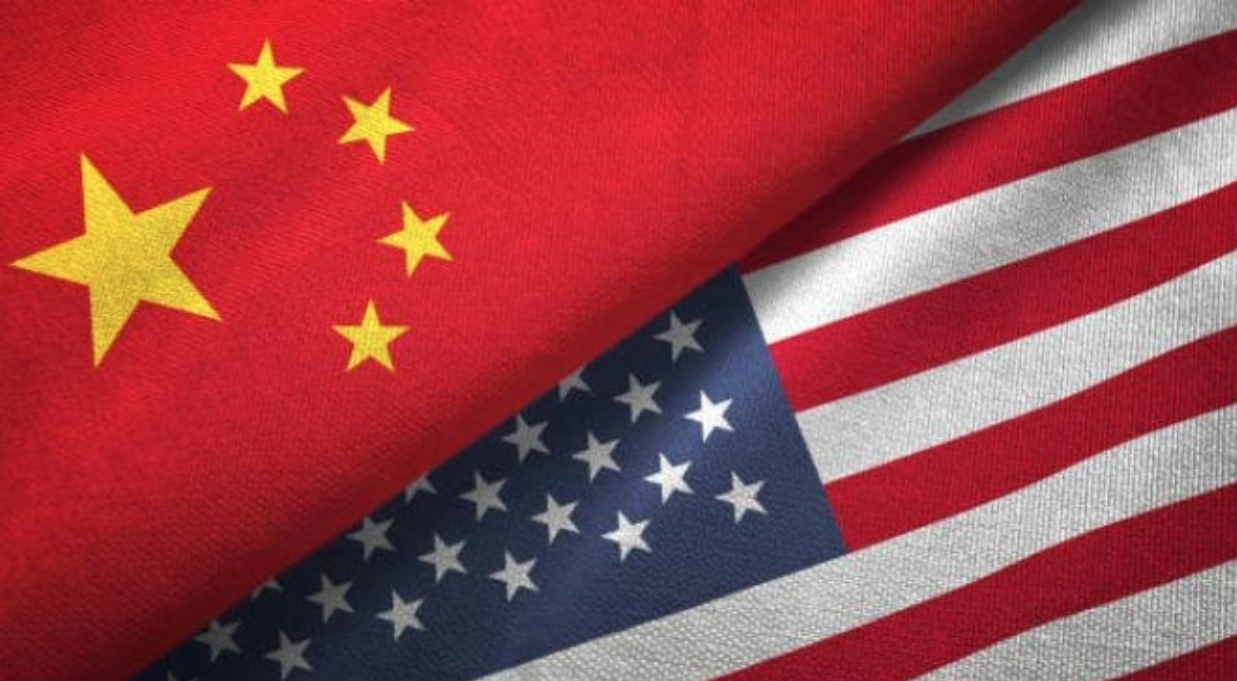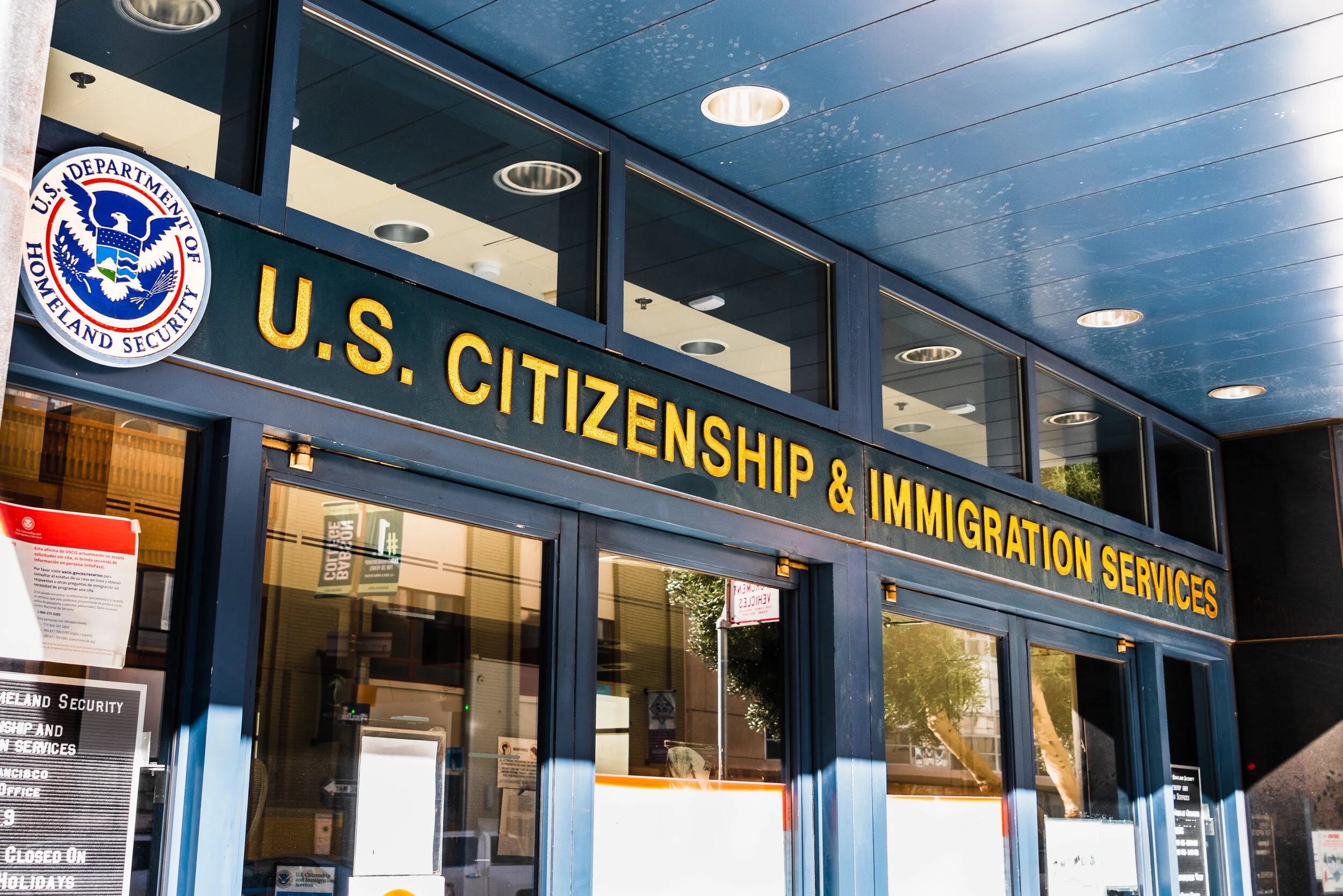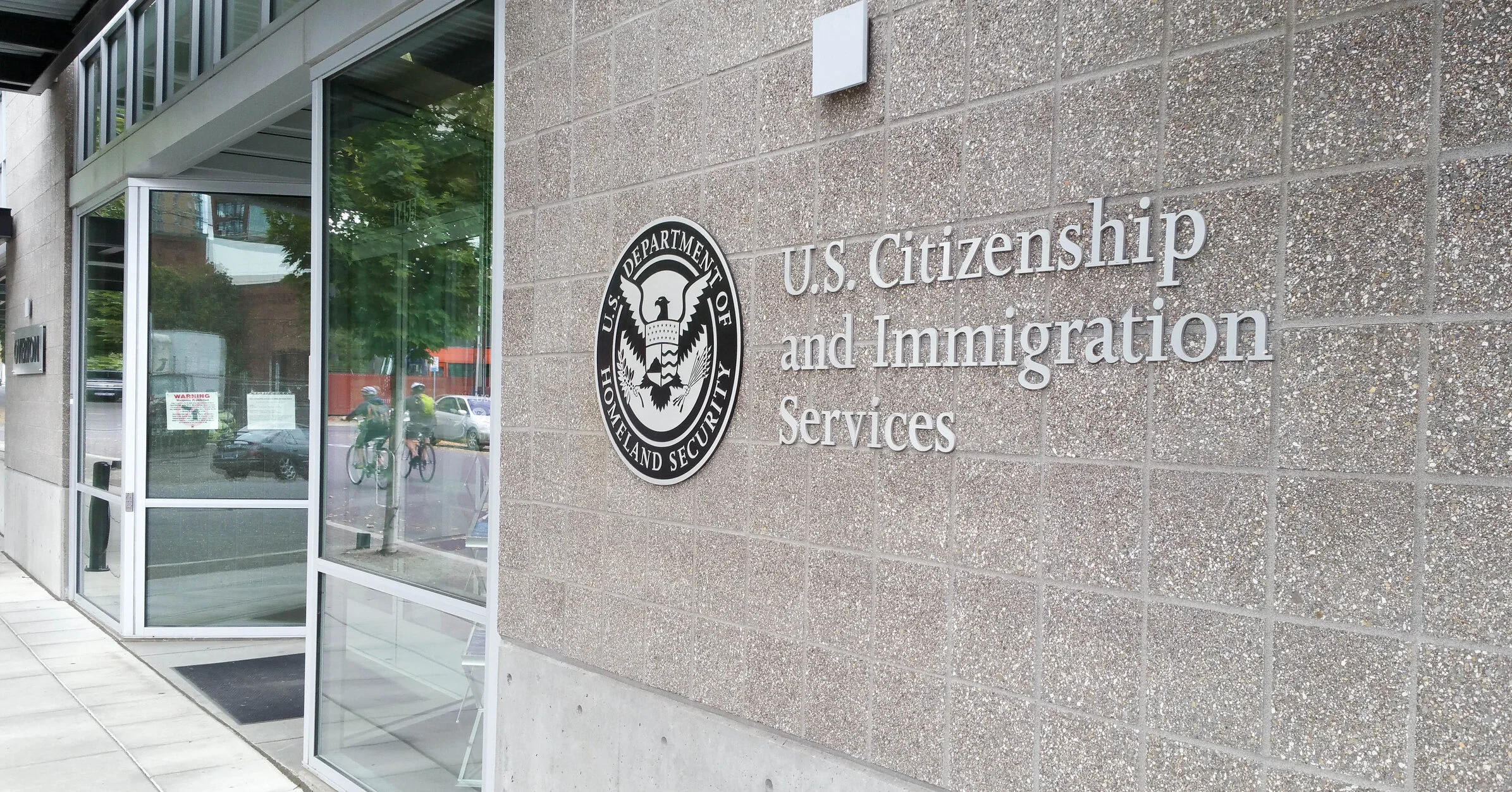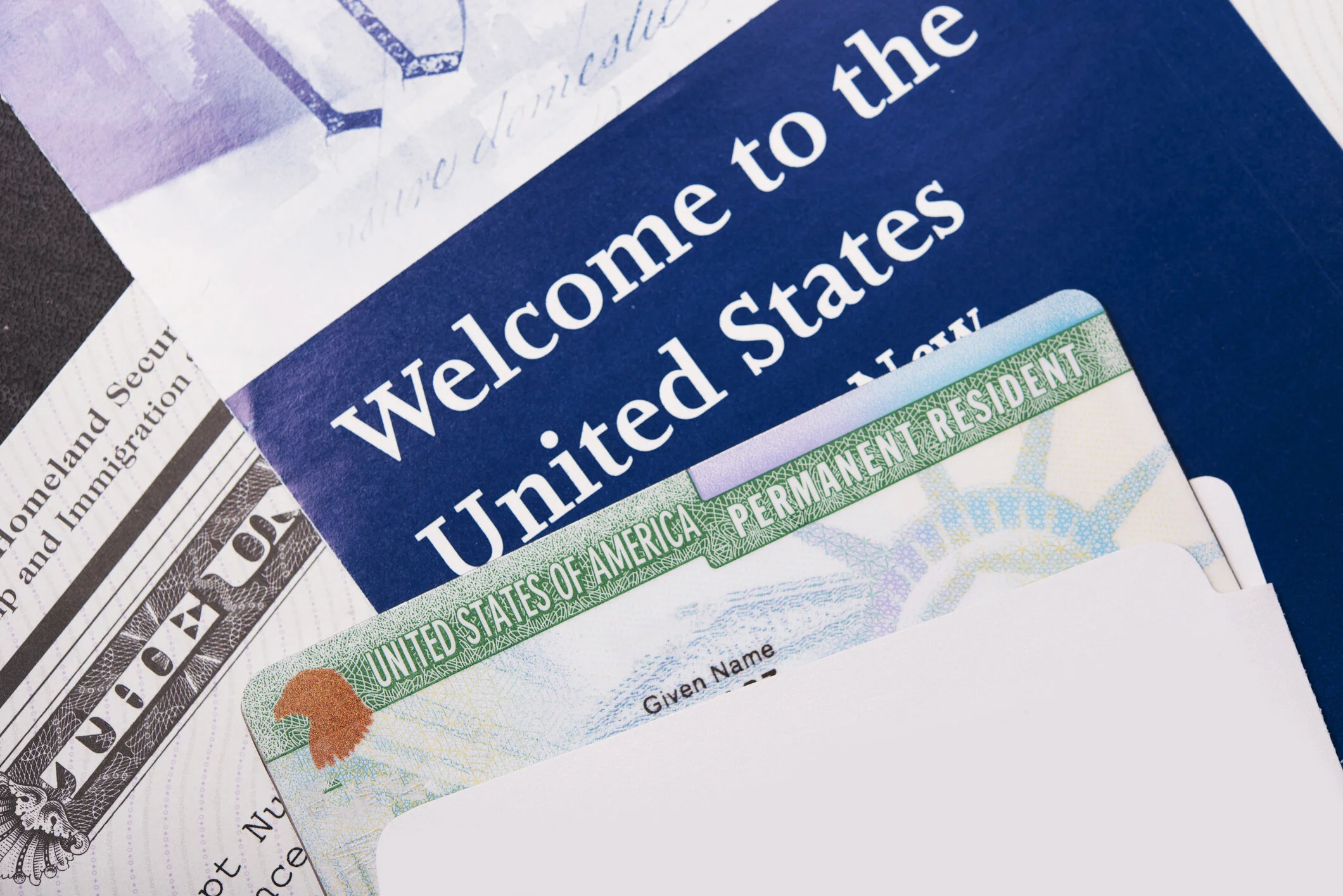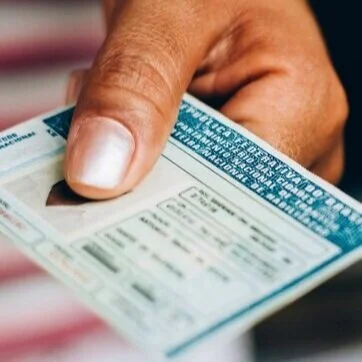There is growing concern that another Presidential Proclamation temporarily suspending immigration to the US may be released very soon, this time focusing on temporary visa-holders, such as H-1B, L-1, and J-1. These concerns are based on the threats in Trump’s last proclamation dated April 22, 2020, which temporarily suspended immigrant visa processing from abroad. Specifically, he stated that within 60 days he could expand the scope of his proclamation to include nonimmigrant visa processing. Since then, new rumours have been circulating every week about what could be forthcoming.
Read MoreThe timing couldn’t be stranger given the national unrest we are currently going through, but President Trump formally issued a Proclamation on May 29, 2020, prohibiting certain Chinese nationals from obtaining F-1 or J-1 visas to study or research in the United States. Specifically, Chinese nationals who have been associated with entities that support the Chinese government’s “military-civil fusion strategy” and seek to pursue graduate level studies will not be eligible for the F-1 or J-1 visa. The suspension took effect today, June 1, 2020.
Read MoreAfter temporarily suspending premium processing for nonimmigrant (I-129) and immigrant (I-140) petitions due to COVID-19, USCIS announced on May 29, 2020 they will resume premium processing services in the following four phases:
Read MoreAs USCIS prepares to reopen its domestic offices on June 4 for face-to-face services, such as interviews, collection of biometrics, and naturalization ceremonies, it will implement certain measures to ensure social distancing.
Read MoreIn an ongoing effort to curb the spread of COVID-19, President Trump issued a Proclamation, indefinitely suspending the entry of travelers from Brazil to the United States. The travel ban takes effect tomorrow, May 28, 2020, at midnight.
Read MoreThe Department of State (DOS) has issued its June 2020 Visa Bulletin. Overall, most employment categories will have modest forward movement. The two categories with a significant ten month advancement are employment-based category 1 (“EB-1”) for Indian nationals and employment-based category 3 (“EB-3”) for most nationals. Otherwise, the employment-based categories 1 and 2 for most nationals remain current.
Read MoreWith employers and employees continuing to take physical distancing precautions in response to COVID-19, U.S. Immigration and Customs Enforcement (“ICE”) has extended the ability of employers to remotely verify a new employee’s identify and employment authorization documents for Form I-9 purposes through June 18, 2020.
Read MoreThe legal battle over the rule that allows spouses of certain H-1B workers to obtain work authorization had an unexpected development earlier this month. For the last five years, Save Jobs USA, a group of U.S. technology workers, has been challenging this rule as hurting U.S. workers. Since the Trump administration took office, the Department of Homeland Security (“DHS”) has been stalling this case, insisting that it plans on rescinding the rule, which would make the litigation unnecessary.
Read MoreDue to the ongoing Shelter in Place directives in many states, the Department of Homeland Security (DHS) has announced that employers may temporarily accept expired documents from List B, notably state-issued driver’s licenses and ID cards, to verify identity and complete Form I-9, Employment Eligibility Verification.
Read MoreFollowing the chaos resulting from President Donald Trump’s tweet last week on Monday night in which he proposed the temporary suspension of all immigration to the U.S. due to the COVID-19 pandemic, he formally issued a Proclamation, which provides for a narrow and temporary suspension of certain immigrants coming to the United States for a 60-day period.
Read More

